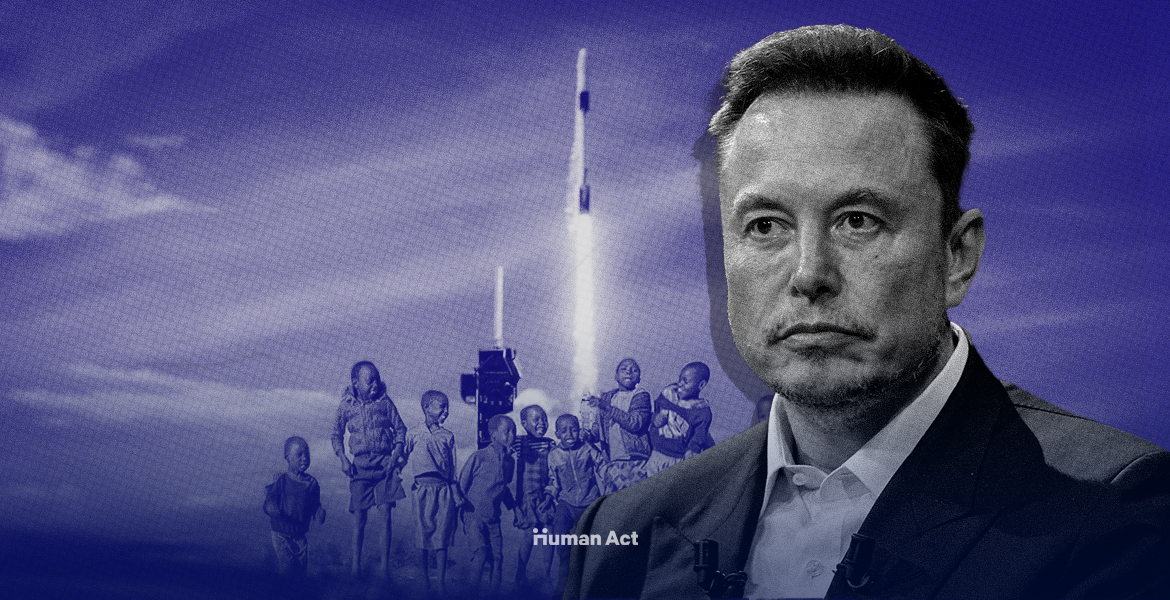


Elon Musk’s reached $437.8 billion fortune! What does it say about wealth and world poverty?
As of today, Elon Musk has claimed his title as the richest person in the world, with an estimated net worth of 437.8 billion (Sep 2025). Most of this astronomical wealth is tied up in shares of companies like Tesla, with a market valuation of around $1.077 trillion in 2025, and SpaceX, the private aerospace giant.
While much of the public conversation around Musk focuses on innovation, space travel, and electric vehicles, a more sobering question looms in the background:
What does this level of private wealth mean for global poverty?
To imagine the true scale of Elon Musk’s fortune, consider this:
Just 1% of his current net worth—around $4 billion—could fund transformative global change. That amount alone could pay for over 5% of what the World Bank says is needed each year to end extreme poverty worldwide.
With $4 billion, we’re not talking about symbolic charity; we’re talking about real, measurable impact. That amount could fund:
And this is only 1% of his wealth, a tiny fraction that wouldn’t affect his fortune much but could still change millions of lives. The question isn’t about attacking wealth, but about asking:
What are our world’s real priorities when so much potential for change sits unused in one person’s fortune?
This isn’t only about Musk. A report from the Brookings Institution says that just 1% of all billionaire wealth could raise about $130 billion every year. That would be enough to end extreme poverty for the hundreds of millions of people living on less than $3 a day, based on the World Bank’s standard.
That same small share of billionaire wealth could also tackle other urgent problems like hunger, education, and climate change. For example, the World Food Programme (WFP) showed that $6.6 billion could stop famine and feed 42 million people in 43 countries for a whole year.
Musk once challenged the WFP to show such a plan, and they did! But so far, there’s no public sign he gave anywhere near that amount. The challenge was met. The solution was clear. Yet the chance for real, large-scale change was left unused.
Elon Musk is often praised as a big thinker and entrepreneur who pushes the limits of technology. But does being innovative mean someone no longer has a moral duty, even when their fortune is larger than what most people in the world could ever make in thousands of lifetimes?
Supporters argue that Musk’s work, especially in clean energy, has helped the world in important ways. Critics, however, say that these indirect benefits don’t replace the direct help that could come from sharing wealth more fairly.
When so much suffering could be avoided, keeping such huge amounts of money becomes harder and harder to defend, especially when the resources to reduce that suffering already exist.
Why is that wealth sitting in the hands of so few?
Elon Musk’s wealth is a symbol of technological ambition, but also of a system that allows extreme individual accumulation alongside extreme global deprivation. The question is no longer whether the world has the resources to end poverty; obviously it does.
Musk’s fortune, like that of many billionaires, is a mirror reflecting both what we value and what we neglect. Until we address the structural imbalances that allow such wealth concentration, poverty will persist, not as a necessity, but as a choice!
Brookings Institutions / World Bank / World Food Programme / World Economic Forum